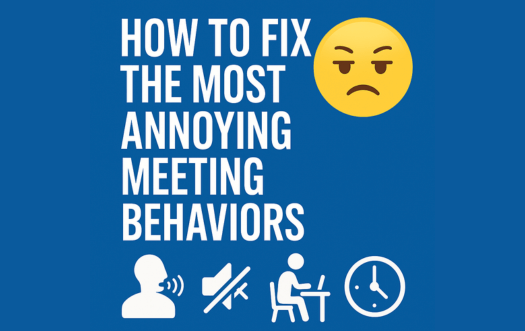 When was the last time you wrote a letter to someone expressing your appreciation and gratitude?
When was the last time you wrote a letter to someone expressing your appreciation and gratitude?
Recently, Sir Anthony Hopkins wrote that kind of a letter to fellow actor, Bryan Cranston. Cranston was the star of the just completed series, Breaking Bad, and Hopkins had apparently just finished watching the entire series a part of a marathon viewing session. Here’s an excerpt from the letter, which, in case you’re wondering, which was leaked by a supporting actor on the production.
“That kind of work/artistry is rare, and when, once in a while, it occurs, as in this epic work, it restores confidence. You and all the cast are the best actors I’ve ever seen. That may sound like a good lung full of smoke blowing. But it is not. It’s almost midnight out here in Malibu, and I felt compelled to write this email.”
Hopkins had nothing to gain from the letter and it seems like his praise truly came from the heart.
So the question is: are actors the only people capable of writing such a letter? Of course not but it can take the courage of a performer to write one.
Why? Because when you give someone sincere praise you let go of a lot of fears and dark emotions. Why don’t we Clear the Path of these limitations and look at the benefits that can come from this kind of positive sharing:
It Breaks the Cycle of Complaining
Keep track, throughout your day, to the number of complaints you hear versus the number of compliments. It’s depressing to realize how much negativity you receive. Odds are most of the good stuff is very superficial like, “You look nice today.”
That’s fine but not memorable for someone who takes a great pride in their appearance. What if you thought about the person and said something like, “I always enjoy your sense of style. It’s a part of you that I know you enjoy expressing and I’m always curious what you’ll come up with next.”
In the second sentence, you have to think about the person a great deal but it will have a much greater impact.
It Creates Connections
Let’s say that Hopkins and Cranston bump into each other in Hollywood. Thanks to the letter, they have an immediate connection. They have something to talk about.
Let’s say that you’re trying to meet someone in your profession who you admire. Doesn’t it make sense to prime the pump by sending them a letter of appreciation before you bump into them in the elevator?
Again, you can’t just say that the other person is “really cool.” Give specific examples of what you admire about them. This could be as simple as saying, “I admire the way you lead your team under pressure,” or “I’ve always noticed that you’re an excellent listener and that people really respond to you.”
Keep It Real
While you should be very complimentary, the kind words should be grounded in reality. There’s a word for people who are insincere with their words. It’s called, manipulative.
When you are sincere, it touches the other person. It’s an honest way that can open the door to reciprocation. Most people are curious to meet someone who looks at the world in a slightly different way.
It Let’s You Be Humble
Ego and envy are often products of our own insecurity. By putting those things aside, you admit that you don’t know everything, can still learn, and have room to grow.
Showing appreciation of others is not about your inadequacy but rather in your ability to celebrate the best in others.
Bottom Line: Most of us crave a letter like the one that Hopkins sent. Why not be the person who sends one?





